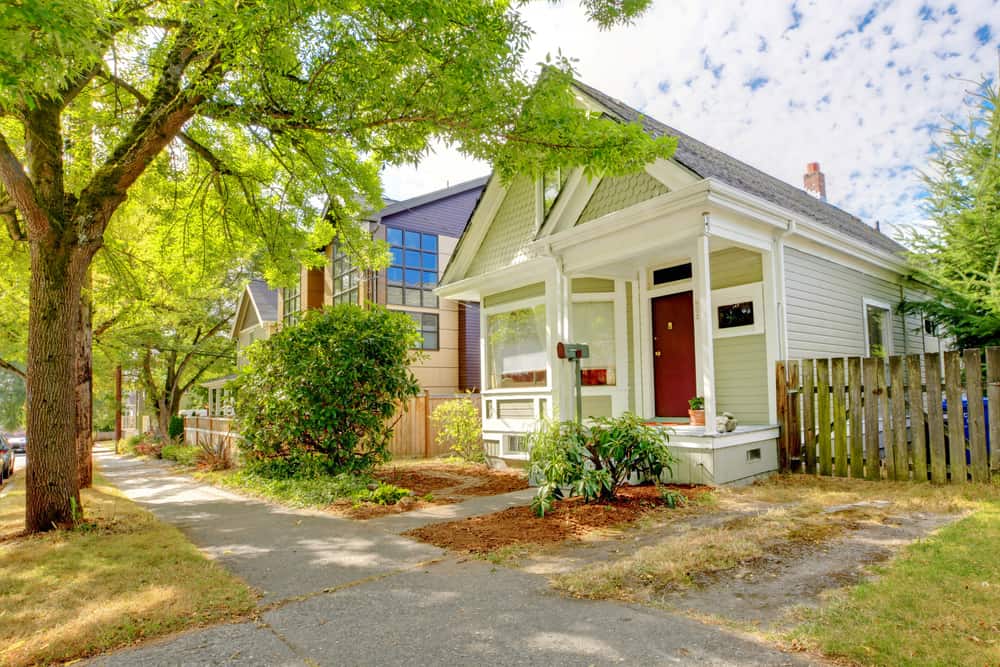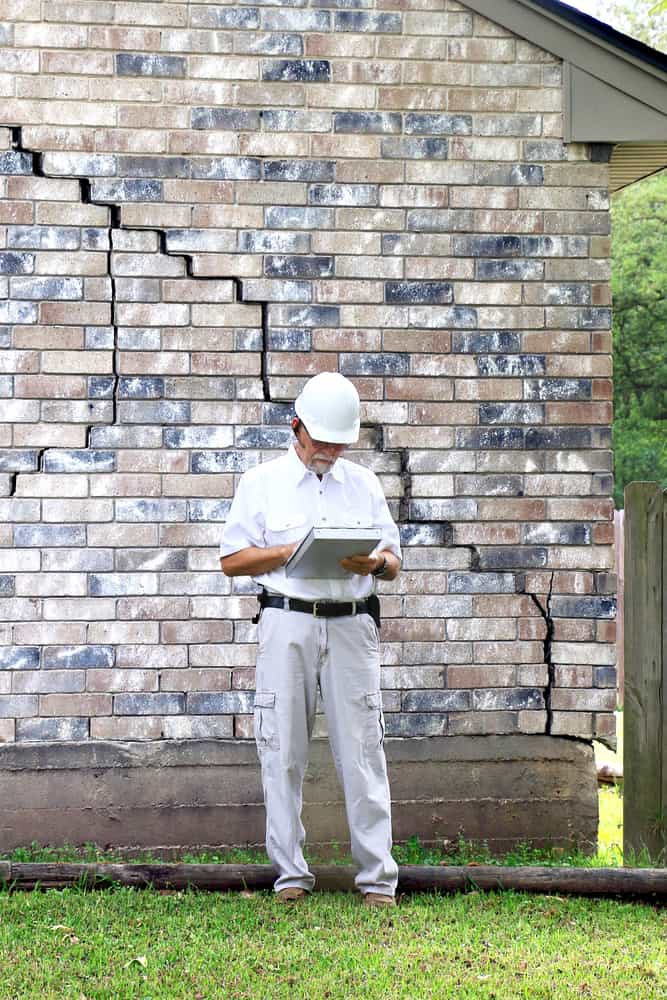You’ve dreamed for years of buying your first home, and now it’s time. You’ve created Pinterest boards dotted with photos of beautiful home decor, watched all the episodes of HGTV’s “House Hunters” and spent hours trolling listings online. You know exactly what you want.
But have you done the math?
When it’s time to search for a starter home, many young – and not so young – people quickly discover that their budget won’t cover their dream home. That means making tough choices and doing some serious thinking about what matters: Will granite countertops make you happier than living 15 minutes closer to work? Is a third bedroom worth giving up a second car? Is living in your dream neighborhood more important than having a yard? A National Association of Realtors survey shows that first time home buyers make up 33 percent of all home buyers. The average buyer is 46 years old, and 63 percent are married couples. Unmarried women made up 18 percent of first-time buyers, and single men accounted for 9 percent.
Here are some things to consider as you prepare to buy a starter home:
Is buying now really a good idea? Take a look at your lifestyle, your job, your family situation and your budget to determine if this is the right time to lock yourself into a home for five to seven years.
Do you have enough money? Looking just at the mortgage payment gives you an incomplete picture. Don’t look at the mortgage payment as a level of affordability. Add up the additional cost of property taxes, homeowners insurance, condo or homeowner association fees, utilities and maintenance. Every home, even a new home, will need repairs and preventive maintenance.
Match your expectations with your budget. That’s a challenge in a city like Boston, where the median price of homes sold in December was $585,000, according to the 2018 Zillow Home Value Index. Keep your costs low and be realistic about what you can afford. Being frugal at the beginning can help you ride economic storms and possibly avoid equity losses.
Don’t make it all about the house. Ask yourself important questions, like what you expect in a home right now and what you might need in the future. Drill down to what’s most important in your life. Some features, like commute time and having enough room to start a family, should be weighed more heavily than others, like the countertop material or the wall color, which might look nice but don’t really affect how you will live. Before you even look at homes, figure out what compromises you are willing to make. Location for space? A second bathroom for modern finishes? A great neighborhood for your own yard?
Consider location. One of the more important questions for first-time buyers is how much they are willing to compromise on location. In many large cities, for example, homes closer to town are more expensive than homes in the suburbs. That means buyers have to decide how far out they’re willing to move to get more space.
Get a good home inspection. If you’re buying an existing home, as 88 percent of the buyers in the Realtors’ survey did, accompany your home inspector and take notes. He or she will give you an excellent overview of how long the major components or your home will likely last, making it easier for you to plan for replacements during your ownership.
Know what’s easy to change and what isn’t. First-time homebuyers often have no experience renovating homes, so they don’t realize what features and finishes are easy and inexpensive to change and what is likely to become a major project. Some buyers want modern appliances, fenced yards for pets and a home that requires little renovation. Ask yourself how much DIY you want to do on the weekends.
Real estate agents and home inspectors can provide insight on these topics, and you can also do your own research. Changing all the carpet before you move in, for example, is normally not difficult and is not nearly as expensive as adding wood floors. New kitchen counters are much less expensive than new cabinets. Rewiring a house is expensive, but changing a light fixture is not.
Give it five. Most experts agree that if you buy a home, you need to make sure you can live in it for at least five years, and maybe longer. The needs and desires of young singles or couples without children are often different from the needs and desires of families, where schools and space matter more. Younger buyers, who may not have children, typically want to be closer to urban areas and are willing to live in attached homes, such as a townhouse community. Families, who are a little older, are more interested in a single-family home with a yard and are willing to move farther into the suburbs to get that.
For more Living on the Cheap articles:
